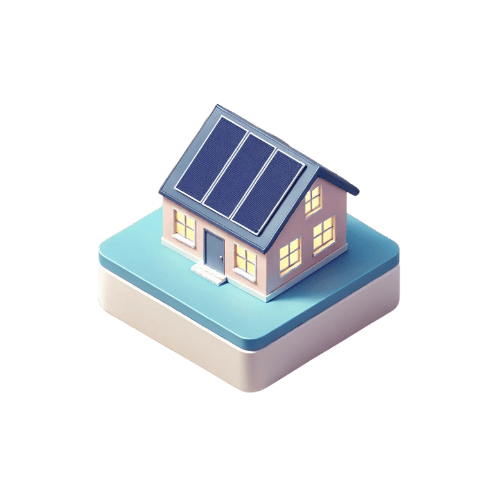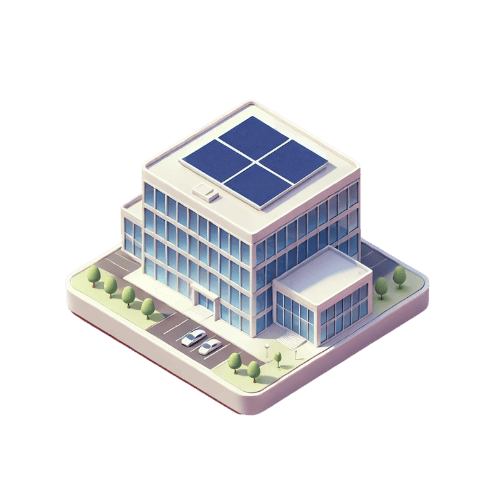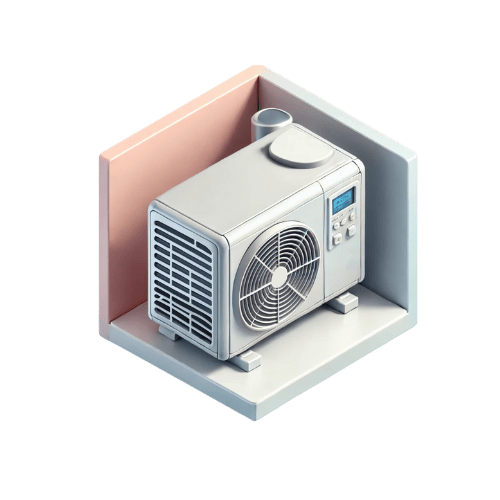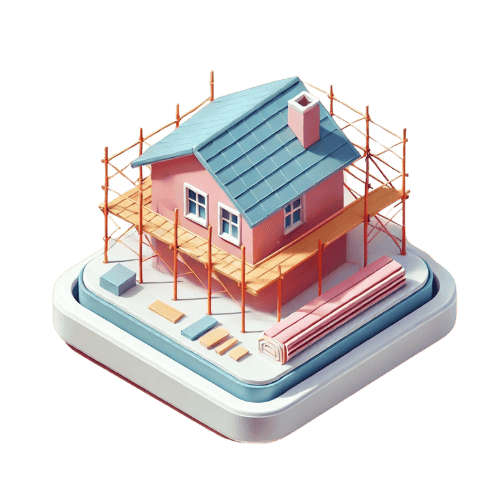- The application for the subsidy must be submitted no later than 12 months after the last invoice issued in connection with the investment.
- In the case of a building with at least four parking spaces, a subsidy of € 450 may be requested for preparatory work. This amount will be deducted from the subsidy amounts and ceilings for the installation of the charging point.
To file my application, I complete the following forms:
- “Formulaire de demande de subvention pour une borne de charge privée – partie à remplir par le demandeur de l’aide”
- “Formulaire de demande de subvention pour une borne de charge privée – partie à remplir par l’entreprise chargée de l’exécution des travaux d’installation de la borne”
For more information I can consult the corresponding regulation.





